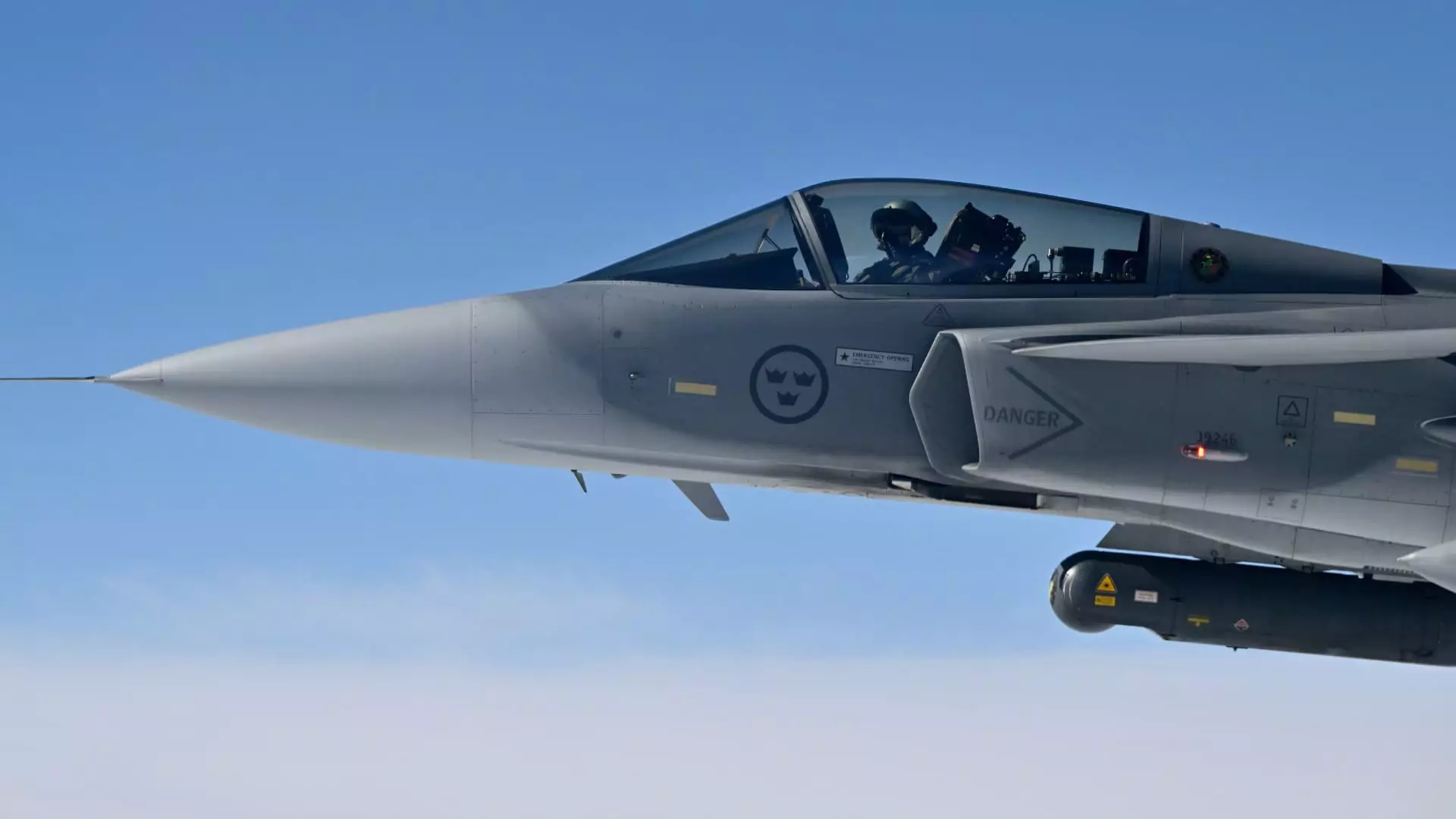The recent surge in Saab’s stock price and the bullish reports from the defense industry seem to herald a new era of strength and momentum. Yet, beneath the impressive 49% year-on-year profit increase and the 30% rise in sales, lies a fragile foundation driven heavily by geopolitical tensions and opportunistic regional spending increases rather than genuine strategic stability. The rally, while impressive, obscures the fundamental issues of over-reliance on military expansion as a solution to Europe’s security concerns. It raises the question: Are we bolstering real defenses, or merely fueling an arms race that intensifies existing conflicts?
The Myth of Strategic Autonomy Through Military Buildup
European nations are stepping up their defense expenditures at an unparalleled pace, buoyed by the European Commission’s massive €2 trillion budget proposal and NATO’s higher spending targets. But consider this: Increasing military budgets does not inherently translate into safer nations. It risks creating a security dilemmatic spiral where neighboring countries feel pressured to match rearmament efforts, perpetuating a cycle of suspicion and militarization. Saab’s CEO highlighted activity being “really high,” but this enthusiasm may mask a disruptive overdependence on weapon sales, which ultimately fuels conflict rather than resolving it. Europe’s push for “strategic autonomy” is, in reality, veering into an arms-driven path that may undermine diplomatic solutions and multilateral stability.
The Illusion of Security in Military Proliferation
The current craze for defense contracts and the accompanying stock market surges indicate a focus on industry profit rather than genuine peace-building. It’s tempting to see this as a sign of Europe rising to its responsibilities, especially after U.S. President Trump urged Europe to “take responsibility.” Yet, there is a danger in prioritizing military strength over diplomatic engagement. History has demonstrated that excessive reliance on weapons and military spending can create an illusion of security while leaving underlying political and social issues unaddressed. The true challenge for Europe is to balance defense readiness with diplomacy — a nuanced approach that emphasizes stability over militarization.
Questioning the Long-Term Impact of a Military-Driven Europe
While defense giants like Saab are riding a wave of profit, this growth presents a worrying trend. An arms race fueled by regional and international pressures may serve economic interests in the short term but jeopardizes the long-term peace and unity of the continent. The so-called “era of rearmament” risks transforming Europe into a battleground of competing militaries rather than a cohesive political entity advocating for diplomatic solutions. Real security does not come solely from advanced weaponry but from strong international relations, trust, and conflict resolution channels. Europe’s current trajectory risks alienating the very citizens it aims to protect and deepen divisions that could have catastrophic consequences down the line.

